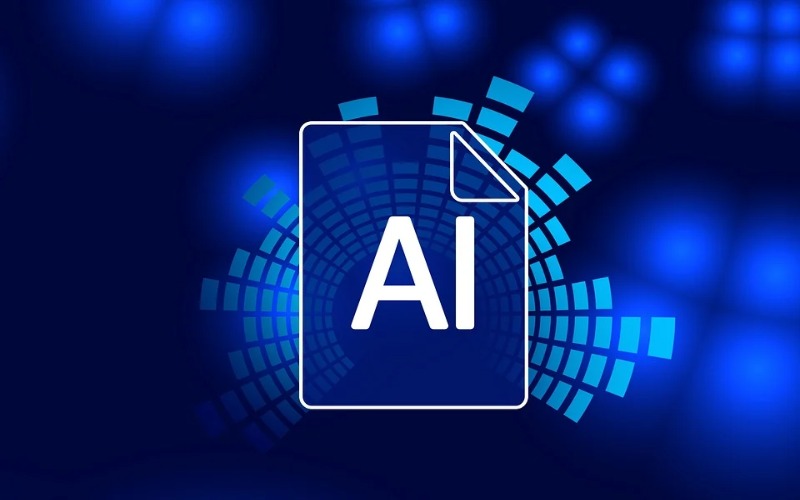Artificial Intelligence (AI) is changing the judicial system, making it quicker, more effective and available. It helps complete routine tasks easily so that lawyers and the judicial system can concentrate on more complicated tasks. AI also increases precision when studying documents or researching a case- reducing mistakes and enhancing fairness within legal processes.
AI-powered tools are also aiding in making legal assistance more accessible to the general public. This ensures that justice is not only for people who can pay expensive legal costs. Advancement is also quickly changing how cases are managed, from small traffic fines to significant litigation. It makes the procedures, which previously required months, to finish in just days.
1. Predictive Analytics in Case Outcomes
The use of Artificial Intelligence in predictive analytics is changing how legal professionals handle cases. With AI tools, they can study past data and recognize trends to predict case results quite accurately. This ability proves helpful, especially when examining the case’s strong and weak points before it goes through trial- enabling lawyers to design better plans for winning their clients’ cases.
Predictive models also assist the courts in handling their dockets by predicting how long cases might take and where possible congestion could occur. This aids in maintaining a more even stream of legal procedures, saving time and money linked to extended legal fights.
2. Enhanced Legal Research
The usual way to do legal research can be slow. It takes a lot of time to scan legal texts and past cases. This process gets more efficient with AI due to its powerful algorithms that can scan huge databases fast. Artificial Intelligence systems also help find specific case laws, statutes, or legal precedents quickly and precisely.
This ensures that those who work in law are more prepared and equipped with all the details needed to back up their arguments or claims. The best part is that AI research tools can keep learning and improving. As a tool improves how it searches for information and how accurate it is over time, legal advice and support quality will become more nuanced.
3. Automation of Routine Tasks
Artificial Intelligence is making several monotonous, repetitive jobs that fill up legal professionals’ everyday agenda more simple. From creating basic legal papers to double-checking references and ensuring factual consistency, AI tools are now performing these tasks accurately and quickly.
This kind of automation does not just increase productivity but also reduces mistakes by humans, which results in better submissions and communications overall. An excellent example is California’s judicial automation forms, which have made the process of handling council forms more simple. In addition, artificial intelligence assists with tiresome tasks, enabling lawyers to concentrate on client interactions and case-winning strategies instead.
Endnote
As AI develops, it will make the judicial system processes more efficient and simple. From predictive analytics to tasks that are mundane but necessary, artificial intelligence ensures justice becomes not only a fair practice for all involved parties but also quicker and less biased due to human errors.











